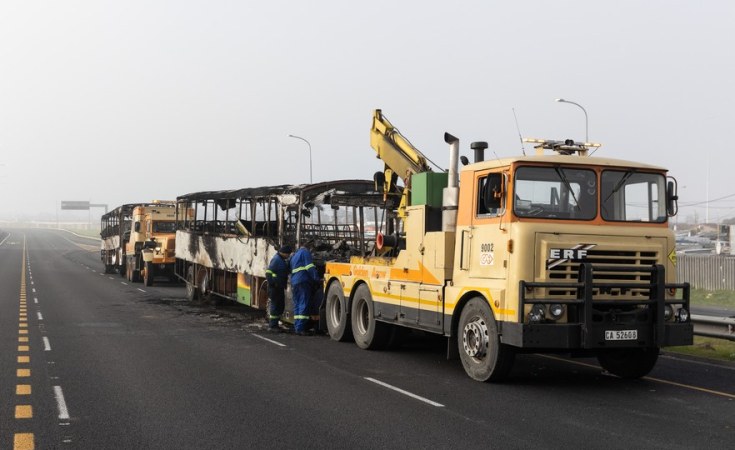Putting aside the issues surrounding the current strike and violence, as the main form of public transport, there should be measures in place to increase the operational efficiency of minibus taxis, and the government should ideally be working hand-in-hand to support them.
The minibus taxi strike in Cape Town has left tens of thousands of workers and children stranded and is a salient reminder that urban inequalities are far more than merely an economic issue.
Although there is an increasing acknowledgement of the multi-dimensional effects of urban inequalities, international bodies and governments continue to portray them as an issue that arises due to economic conditions, measured through prevalent, uni-dimensional indices such as the Gini Index.
In this article, I will reflect on an alternative view, proposing that urban inequalities arise through the interaction between society and critical infrastructure in space and time.
I will reflect on the role of accessibility in cities and draw on recent empirical research which examines the relationship between specific social and spatial variables and the geographic positioning of stops and stations of the public Metrorail railway, MyCiti Bus Rapid Transit (BRT) systems and the privately owned minibus taxi system in Cape Town.
Increased emphasis on sustainable development highlights the importance of accessibility for economic development and equitable access for all socioeconomic groups to primary services.
Indeed, aspirations towards creating more socially inclusive, equitable and sustainable cities have become global standards of urban development, supported by...


